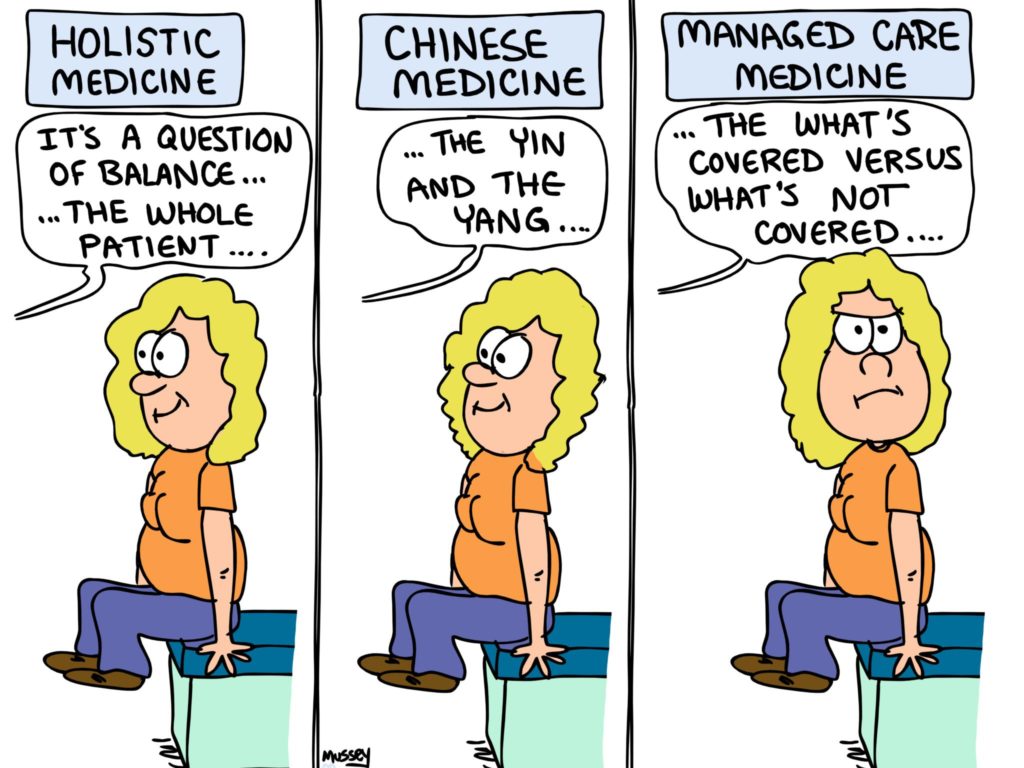It’s a Question of Balance.

I recently encountered a primary care concierge doctor, with otherwise excellent credentials, who claims he limits his total patient panel to 250 patients. He spends two to three hours or more on the first patient visit and at least an hour or two on subsequent visits. These are all people under age 65, so I doubt they are particularly complex.
I laughed. Concierge practices limit the size of their patient panels, but this sounds ridiculous
We hear a lot about primary care being overwhelmed with visits that are too short. Doctors complain they are seeing too many patients with too much stuff to address. A typical primary care practice now has a panel of several thousand patients
There is another angle here, though.
More than thirty-five years ago, when I was applying to residencies, I read the brochure from a prestigious, yet brutal, training program at a major university medical center. The opening letter promised “You will have too much to do and not enough time to do it. You will learn to be efficient and do what is necessary.” Another residency program had an on-call schedule
Today, residency is still tough, but we finally learned such insane training was dangerous to patients and doctors.
However, it raises a question: Which is safer? Twelve minutes per visit or three hours
What kind of surgeon do you want? Do you want a surgeon who does two gallbladder operations per year or one who does sixty
What kind of internist do you want? Do you want an internist who has evaluated two people for dyspnea in the past year or a doctor who has seen sixty patients with a variety of causes of dyspnea in the last few months
The harsh reality is skill needs practice and repetition. Think
There is a balance. Too few patients and you get dumb. Too many patients and you get overwhelmed.








